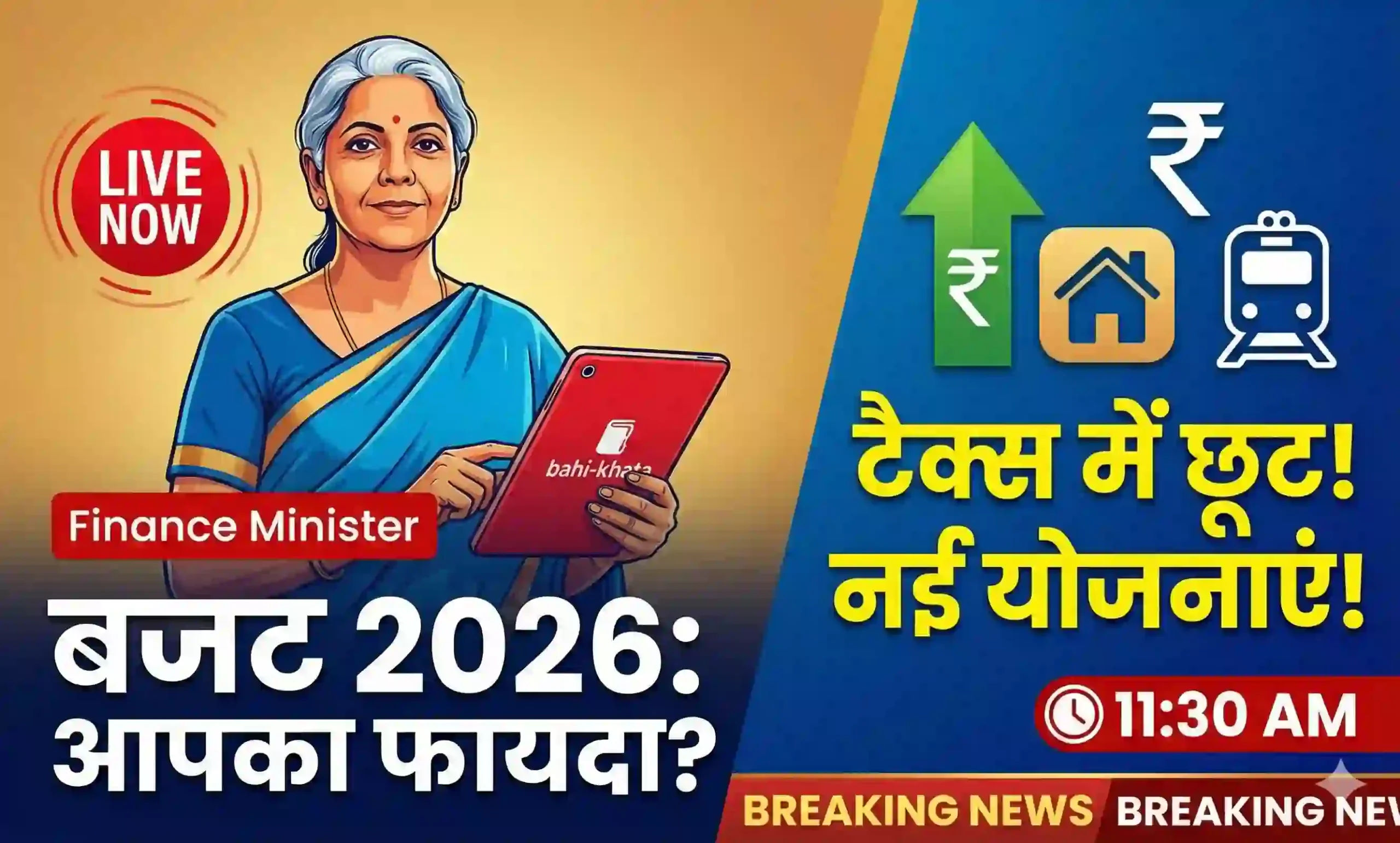|
Getting your Trinity Audio player ready... |
Amidst the looming specter of a subdued 2024, UBS chief economist Jonathan Pingle prognosticates that the Federal Reserve will enact a reduction in interest rates, dipping below the 3% threshold by the forthcoming December.
Pingle articulated that the incisions will commence in March and gather momentum in the latter part of the year, unveiling this perspective during a recent interview with CNBC.
Contemplating the economic landscape, he remarked, “We anticipate a rather lackluster 2024 when retrospection takes its course.”
The Federal Reserve, in response to an anticipated contraction in consumer spending, is poised to steer interest rates southward, plummeting below the 3% echelon by the close of the coming December, as per the insights shared by UBS chief US economist Jonathan Pingle in a recent discourse with CNBC.
Such a trajectory implies a reduction exceeding 225 basis points, signifying a more profound pivot by the Federal Reserve than what prevails on Wall Street. Market expectations currently factor in approximately 150-175 points of reduction by the culmination of 2024.
This envisaged course surpasses the central bank’s own projections, which earmark a 75 basis point reduction in the upcoming year. This would consequently lower the fed funds rate from the current 5.25%-5.50% range to 4.50%-4.75%.
Pingle anticipates the initiation of the Federal Reserve’s easing cycle with a marginal quarter-point cut scheduled for March. Subsequent cuts in May and June are foreseen to align with the deceleration of inflationary pressures.
“We anticipate a deceleration in economic activity, prompting the Federal Reserve to intensify rate reductions in the latter part of the year, bringing rates below 3% at the December meeting,” he prognosticated.
By mid-2024, Pingle envisions a slowdown in economic momentum, propelling the inflation rate in proximity to the Federal Reserve’s 2% target. This, in turn, affords central bankers the latitude to expedite easing measures, aiming to forestall worst-case economic scenarios.
Nevertheless, Pingle’s foundational perspective posits a mild recession, attributing it chiefly to the waning impetus in consumer spending. In the preceding years, consumer-driven economic resilience was sustained by wealth effects, robust savings, and household re-leveraging. However, the diminution of fiscal support, coupled with a tapering of these propelling forces, forebodes a broader growth deceleration.
“We envision the denouement of 2024 revealing a relatively languid economic landscape,” Pingle concluded.









